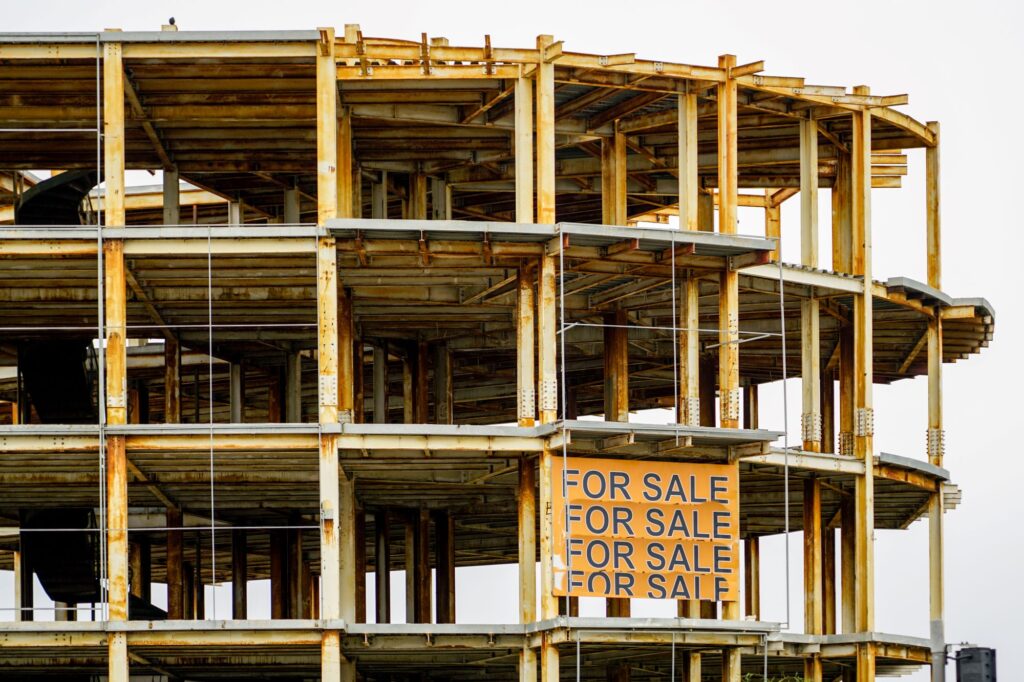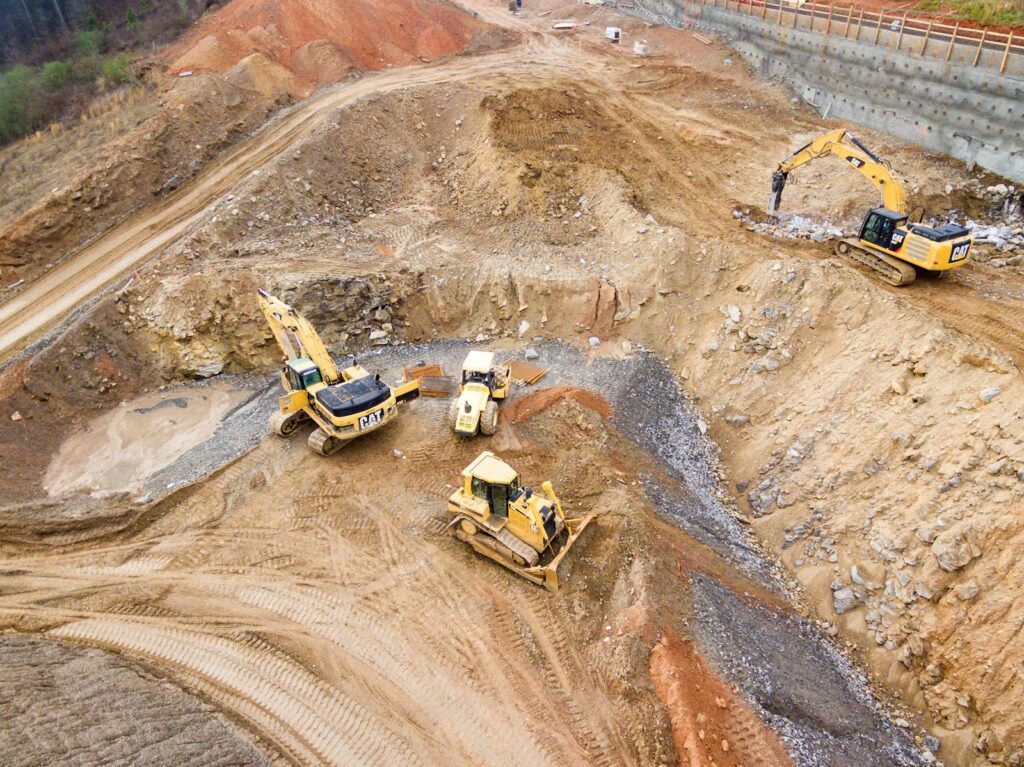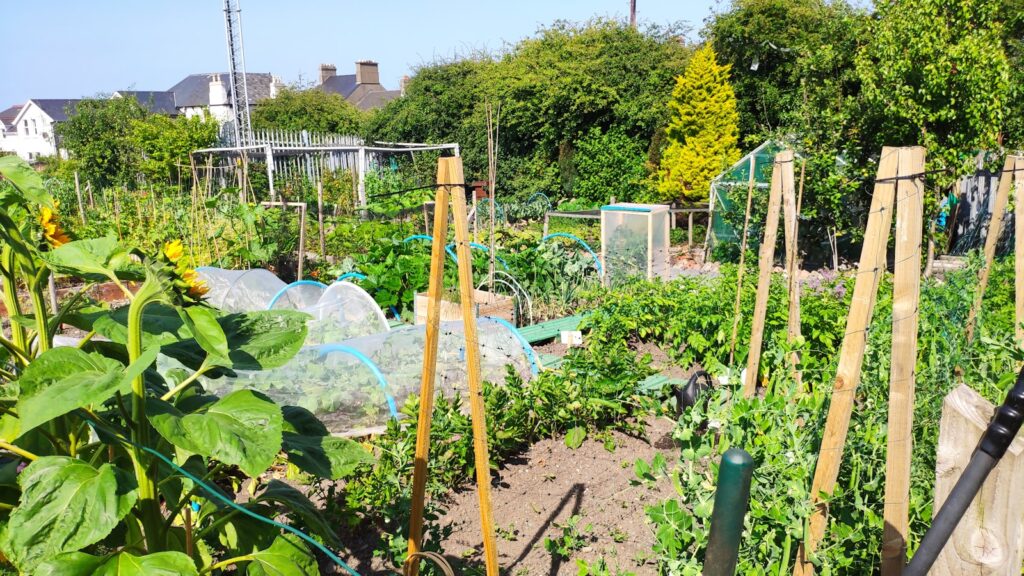Toby Gibbs, Managing Director of Logika Consultants, provides a response to the question: ‘Can a new Labour government balance much-needed economic recovery, centred heavily around development, with environmental protection?’
The UK has seen a remarkable shift in its approach to sustainable development in recent years, driven primarily by the urgent need to address a growing housing crisis whilst simultaneously safeguarding the environment. Landmark legislation, such as the Levelling-Up and Regeneration Act (LURA) and Biodiversity Net Gain (BNG) reflect ongoing commitment to promoting responsible growth. But with a new Labour government at the helm, the question arises: can they balance much-needed economic recovery, centred heavily around development, with environmental protection?
A foundation of green initiatives
Despite its many shortcomings, the outgoing administration laid significant groundwork for sustainable development. Indeed, whilst LURA, effective from October 2023, mandates a preference for brownfield over greenfield sites, the Biodiversity Net Gain initiative, effective from April this year, requires a 10% net increase in natural habitat for all development projects. Additionally, the 25-year Environmental Improvement Plan (EIP23), reviewed regularly to adapt to current sustainability challenges, underscores a long-term commitment to biodiversity, air quality and natural capital enhancement.
Labour’s vision: economic revival with environmental responsibility
Following a landslide victory in the 2024 general election, Labour, led by Sir Keir Starmer, has an ambitious agenda full of significant environmental pledges. The establishment of Great British Energy, for one, aims to transform the UK into a “clean energy superpower”, targeting zero-carbon electricity system by 2030. This will involve completing nuclear plant, Hinkley Point C, extending the life of other existing nuclear plants whilst developing new nuclear power stations, such as Sizewell C. Additionally, Labour plans to increase renewable energy production and halt North Sea fossil fuel exploration.
The grey belt: a controversial solution to the housing crisis
The question is, then, can these targets truly be achieved whilst tackling the imminent housing crisis? One of Labour’s most debated proposals is the development of ‘grey belt’ land, which means building on ‘poor quality’ areas within the green belt, be it wastelands or disused car parks. This will be key to meeting its target of providing 1.5 million affordable homes within the first five years in office.
Nevertheless, the approach has sparked concerns about the potential for green belt land to be reclassified as ‘scrubby’ to facilitate development. The challenge will be to clearly define and regulate what constitutes grey belt land to prevent misuse.
Balancing infrastructure needs with environmental integrity
Labour’s plan to overhaul the National Planning Policy Framework and Planning Practice Guidance is equally as polemic, aiming to streamline infrastructure development whilst maintaining environmental protections. The commitment to large-scale projects, from housing schemes to renewable energy installations, is clear. However, ensuring these developments do not compromise the environment will require robust governance and strict adherence to sustainability principles, perhaps informed by external consultancy.
Environmental governance
A critical priority for the new government, then, will be improving environmental governance to support high-quality, sustainable development. Labour has pledged to reverse the climate policy rollbacks introduced by the Tories, who set back the ban of fossil-fuel-powered vehicles a further five years. This seems to suggest continued environmental adherence, particularly when paired with international climate commitments, which, of course, includes adhering to Paris Agreement targets. Effective governance will thus be essential to balancing this environmental stewardship with the proposed economic growth.
Energy independence and climate resilience
Labour’s commitment to making the UK a clean energy superpower in particular includes a Green Prosperity Plan, which aims to boost energy security and create 650,000 jobs by 2030. This means doubling onshore wind capacity, tripling solar power and quadrupling offshore wind installations, according to its manifesto promise. The plan also emphasises carbon storage and capture, hydrogen development and long-term energy storage solutions – all signs of sustainable development promise. Indeed, these initiatives will play a critical role in transitioning to a sustainable, resilient energy system.
Optimism for a balanced future
The early months in Labour’s tenure will be crucial in setting the tone for the UK’s future development. By prioritising sustainable practices, enhancing environmental governance and fostering collaboration with the private sector, Labour has the opportunity to demonstrate that economic growth and environmental protection are not mutually exclusive but supported by one another. The path ahead may be fraught with challenges, but the potential for a balanced and prosperous future may well be within reach.
As we look forward, then, the key question remains: can Labour navigate the grey areas of economic recovery and infrastructure development while ensuring green horizons for future generations? The stakes are high, but with a strategic, well-regulated approach, there is reason for cautious optimism
Toby Gibbs is Managing Director, Logika Consultants – part of Logika Group.



















Leave a Reply